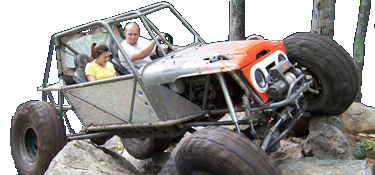cj777
Well-Known Member
- Joined
- Mar 22, 2005
- Location
- Durham, NC
I'm picking up a trailer this weekend, so I'm trying to get my truck ready to haul it. My ball requires a 1 7/8" nut to be torqued to 450 ft lbs. Anyone know of any place that can do this or any tricks? A torque wrench that goes that high and a set of giant sockets is a little much to buy for one time use.


 I can be a bit anal about things when them failing would be catastrophic. Sounds like the consensus is that a 2ft pipe wrench will do the job, so I'll pick one up on the way home today. Thanks for the advice everyone.
I can be a bit anal about things when them failing would be catastrophic. Sounds like the consensus is that a 2ft pipe wrench will do the job, so I'll pick one up on the way home today. Thanks for the advice everyone.